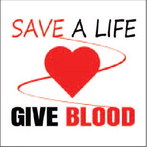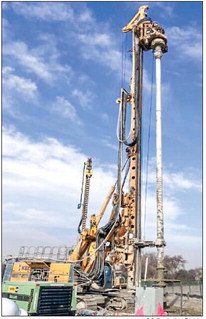How To Protect Yourself If You are Disabled
People with disabilities are more vulnerable than most in a disaster. It’s imperative that they have a plan because access to medical facilities or even a drugstores could be nonexistent. Additional planning steps should include: Create a Support Network
• Keep a contact list in a watertight container in your emergency kit.
• Be ready to explain to first responders that you need to evacuate and choose to go to a shelter with your family, service animal, caregiver, personal assistant and your assistive technology devices and supplies.
• Inform your support network where you keep your emergency supplies. You may want to consider giving one member a key to your house or apartment.
• If you are dependent on dialysis or other life-sustaining treatment know the location and availability of more than one facility.
• If you use medical equipment in your home that requires electricity, talk to your doctor or health care provider about how you can prepare for its use during a power outage.
• Wear medical alert tags or bracelets.
• If you have a communication disability, make sure your emergency information describes the best way to communicate with you.
• Plan how you will communicate with others if your equipment is not working, including laminated cards with phrases, pictures or pictograms.
• Keep Braille/text communication cards, if used, for two-way communication. Get Benefits Electronically
A disaster can disrupt mail service for days or weeks. If you depend on Social Security or other regular benefits, switching to electronic payments is a simple, significant way to protect yourself financially before disaster strikes. It also eliminates the risk of stolen checks. The U.S. Department of the Treasury recommends two safer ways to get federal benefits:
• Direct deposit to a checking or savings account. If you get federal benefits you can sign up by calling (800) 333-1795 or sign up online.
• The Direct Express prepaid debit card is a safe and easy alternative to paper checks. Call toll-free at (877) 212-9991 or sign up online. In addition to having your basic survival supplies, an emergency kit should have items to meet your individual needs in various emergencies. Consider the items you use on a daily basis and which ones you may need to add to your kit.
Additional Items
• At least a week-long supply of prescription medicines
• A list of all medications, dosage and any allergies
• Extra eyeglasses
• Extra hearing-aid batteries
• Extra wheelchair batteries
• Copies of medical insurance and Medicare cards
• Contact information —from the Federal Emergency Management Agency



